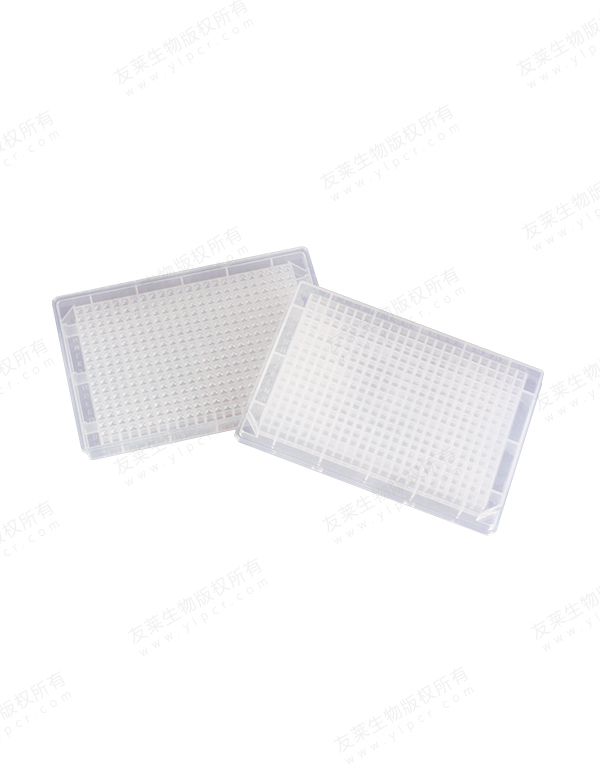Deep well plates are indispensable tools in laboratories, offering a wide range of applications in scientific research, diagnostics, and pharmaceutical industries. These versatile plates, often used for sample storage, mixing, and reactions, are designed to accommodate larger volumes than standard microplates, making them essential for high-throughput screening and various experimental workflows.
Deep well plates are multi-well plates with deeper and larger wells compared to conventional microplates, allowing for increased sample volume. Available in a variety of formats, such as 96-well or 384-well configurations, they are typically made from high-quality polypropylene or polystyrene, materials known for their chemical resistance and durability. The plates are designed to work with automated systems, pipettes, and multichannel dispensers, facilitating efficient liquid handling in laboratory environments.
Key Features of Deep Well Plates
High Volume Capacity: One of the most significant advantages of deep well plates is their ability to hold larger volumes of samples, typically ranging from 1 mL to 2 mL per well. This increased capacity is particularly beneficial for applications that require larger sample volumes, such as DNA extraction, cell culture, and protein crystallization.
Chemical Resistance: Deep well plates are usually made from polypropylene, which offers excellent resistance to a wide range of chemicals, including acids, bases, and organic solvents. This makes them ideal for use in demanding laboratory environments where harsh chemicals are often employed.
Compatibility with Automation: Modern laboratories often rely on automated liquid handling systems to enhance efficiency and reduce human error. Deep well plates are designed to be compatible with these systems, ensuring that they can be seamlessly integrated into workflows for high-throughput screening, sample preparation, and storage.
Space-Saving Design: Despite their high volume capacity, deep well plates are compact and designed to maximize laboratory bench space. The standardized format allows them to be easily stacked or stored in freezers, helping to conserve valuable laboratory space.

Applications of Deep Well Plates
Sample Storage: Deep well plates are widely used for long-term storage of biological samples, chemicals, and reagents. Their robust design ensures that samples can be stored at low temperatures without the risk of contamination or degradation.
High-Throughput Screening: In drug discovery and pharmaceutical research, deep well plates are used in high-throughput screening, where thousands of compounds can be tested for potential therapeutic effects. Their ability to handle large volumes and their compatibility with automation make them ideal for this application.
Molecular Biology: Deep well plates are essential tools in molecular biology applications such as DNA and RNA extraction, PCR preparation, and enzyme reactions. The large well volume allows for efficient mixing and reaction conditions, leading to more accurate and reproducible results.
Protein Crystallization: In structural biology, deep well plates are used for protein crystallization experiments. The larger well size accommodates the required volumes of protein solutions and precipitating agents, facilitating the growth of high-quality crystals for X-ray diffraction analysis.

 English
English русский
русский 中文简体
中文简体



